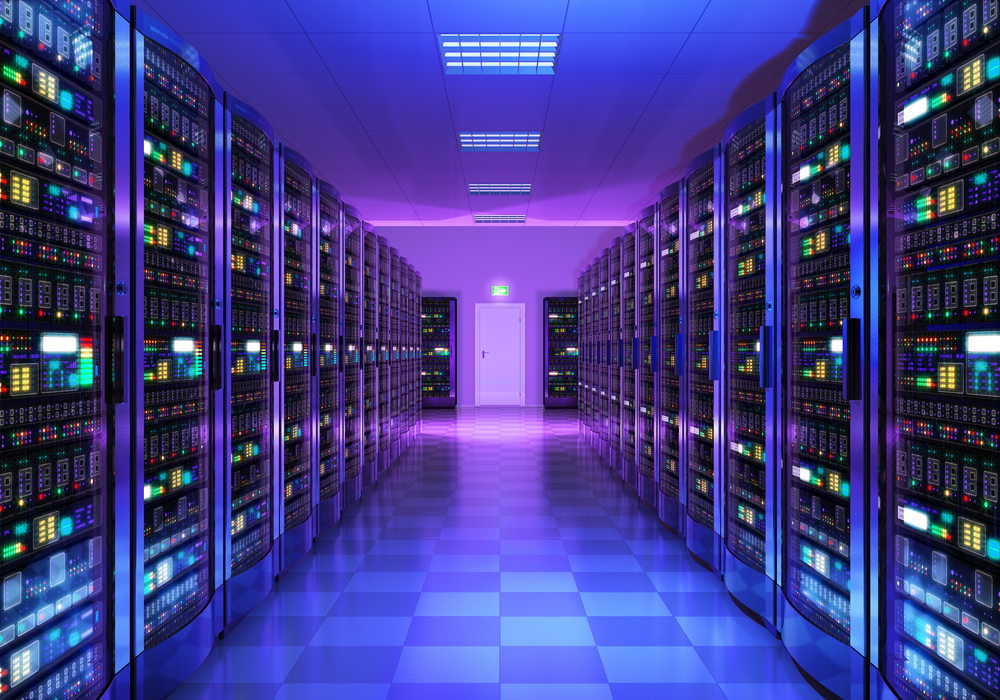By Anca Gagiuc on August 15, 2017 in Technology
In 2015, flights produced 781 million tons of CO2 worldwide. This is ba rely 2 percent of all human-induced carbon dioxide emissions. Globally, humans produced over 36 billion tons of CO2.
rely 2 percent of all human-induced carbon dioxide emissions. Globally, humans produced over 36 billion tons of CO2.
And here’s a really fun fact: data centers emit more CO2 than the global airline industry.
Overheated Data Centers
Every laptop owner (especially those who also own cats) knows that computers produce a lot of excess heat. Data centers, comprising tens of thousands of servers, waste massive amounts of energy and money trying to keep them cool. Throughout time, various strategies were tested, including moving facilities near the Arctic Circle (Facebook) or submerging servers underwater (Microsoft).
While Facebook’s decision to build its first data center outside of the US in northern Sweden uses the -4F outside air to keep temperatures constant, a Dutch company took the reverse method: it uses the heat generated by servers to heat people’s homes.
Repurposing Heat from the Cloud
Back in 2015, Nerdalize worked with Eneco, a Dutch utility company, to test a heating system that feeds on residual heat of computer servers. Watch a video about the test. Their year-long pilot ran in five households. Each home had a server installed on the premise, powering a standalone wall heater. The heaters were slow, took about one hour to warm up and were also weak, able to provide sufficient heat only for a small room. But the fact that they worked encouraged them to explore the idea further.
And an interesting idea it is—instead of paying for high-energy usage to cool the servers, they save households around $336 a year on their heating bills, while also cutting back on CO2 emissions. Per a company press release, each installation takes three tons of CO2 away from a household’s carbon footprint. In addition, the company assesses that the project will also reduce companies’ data services cost by 50 percent.
More than 3,500 people have signed up, interested in the server-heater. Starting in August, Nerdalize plans to equip 42 Dutch residencies with servers to heat their water supply. Basically, those families will take hot showers using data. The “win-win-win” scenario, as named by Nerdalize, is backed up through a crowdfunding campaign to expand the initiative. Its investors pumped in €762,080, far surpassing the funding goal, according to the crowdfunding platform.
This ambitious initiative seems just the thing the world needs now when the CO2 emissions have reached unprecedented heights. But skeptics raise the issue of data security. How relaxed will companies be about having their data sitting in people’s houses? And when the servers experience malfunctions, how happy will the homeowners be to let engineers in to fix the problem?
How do you feel about the project and how would you reply to these concerns? Do you feel threatened when your water heater breaks and a maintenance person enters your home to fix it? Would this scenario be any different?


